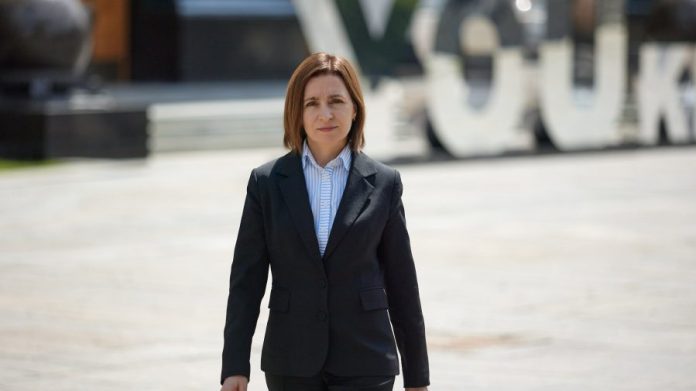President Maia Sandu arrived in Kyiv four days after EU leaders decided to grant Ukraine and Moldova candidate status, the first visit to the neighboring country since the start of the Russian Federation’s war.
Against the background of these developments, observers from Chisinau spoke about a new level of bilateral relations between the two countries, dictated by common interests and risks.
There is also the opinion of the political commentator Nicolae Negru, who claims that Maia Sandu’s visit to Kyiv, although it was expected earlier, was necessary and is important for several reasons:
“I see it positively, from a symbolic point of view and from a practical point of view, because the Republic of Moldova now depends a lot on what is happening in Ukraine and how resistant it is in the face of Russian aggression. Then, there are things related to migration through the Republic of Moldova, the transit of Ukrainian goods through the Republic of Moldova. And of course, this visit is important, as a gesture of solidarity with Ukraine. “
“It is our moral obligation” to help Ukraine, Maia Sandu said in Kyiv, and the need to increase economic, energy and humanitarian co-operation was emphasized during the talks, as President Volodymyr Zelenski emphasized.
The Kyiv leader warned that Ukraine would react “with a blow” to any “slap” given from the direction of the Transnistrian region, adding that “everything must be done to prevent destabilization in the region.”
Soon, in a statement unanimously adopted by the deputies of the Supreme Soviet, also supported by the de facto leader of the region, it was stressed that “Transnistria is peaceful, neutral and wants to resolve any conflicts at the negotiating table.”
Leaders on the left bank of the Dniester have called on Moldova’s leadership to “refuse any plan to militarize,” or “it will not help ensure peace.”
Nicolae Negru believes that the change of tone of the messages from Tiraspol is dictated by geopolitical developments, including the economic constraints in which the region was mentioned after the Russian invasion of Ukraine:
“The statement is pacifying towards Ukraine and a bit aggressive towards the Republic of Moldova, in a way. Of course, the separatist leaders in Tiraspol realize that one is if Russia wins in Ukraine and another is if Russia is defeated, then the future of this separatist region will be completely different than planned in Moscow. And the only opening it has is to the other bank of the Dniester, that is, to Chisinau. “


